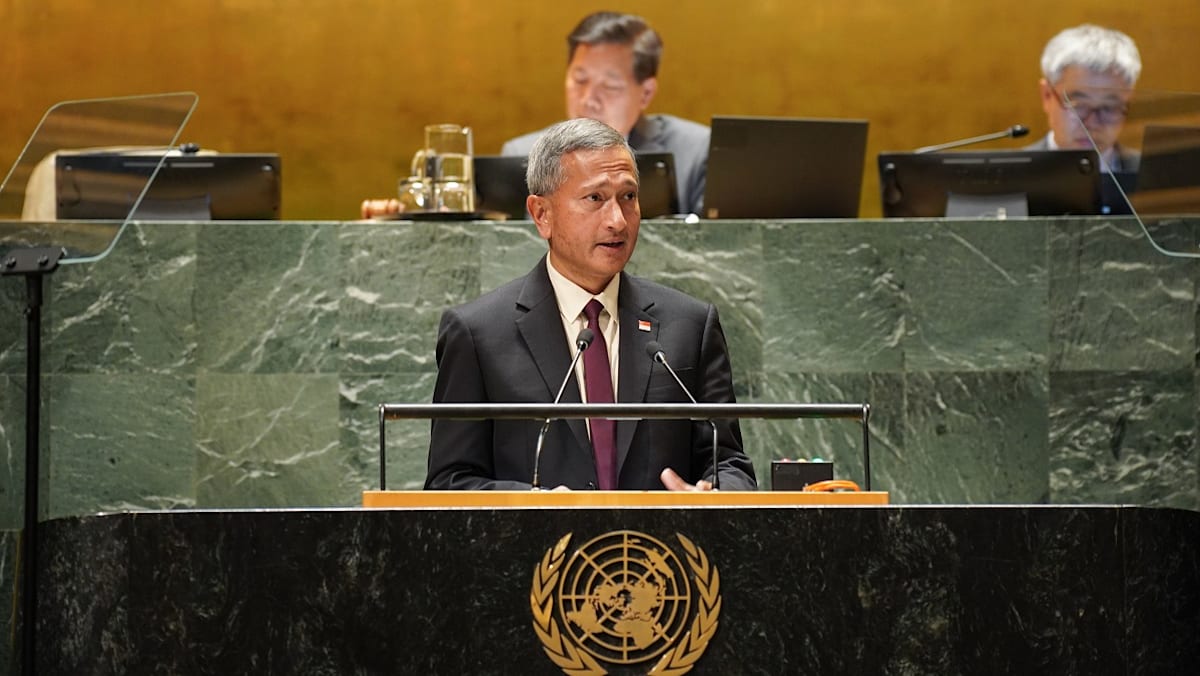I have always been fascinated by how my aunt has a remarkably close relationship with her son.
Even when my cousin was overseas, she would call him almost every day. Across oceans, they shared updates on how life was going, celebrated milestones such as birthdays and even sent each other personalised care packages.
When I asked how she built this bond, her advice was: “Be like a friend.”
Her suggestion gave me pause. It ran counter to the traditional approaches of strict, structured parenting that was more familiar to me.
Caught between these perspectives, I wondered: Is being like a friend truly the right approach, or does it risk creating confusion for the child?
HELPING CHILDREN UNDERSTAND WHY RULES EXIST
When I posed to experts the notion of friendly parenting, they all cautioned about the importance of maintaining the parent role, but agreed that a friendly approach may have benefits.
Clinical psychologist Annabelle Chow, from mental healthcare provider Annabelle Psychology, said: “While it is important for parents to maintain appropriate boundaries, adopting a friendly stance can be highly beneficial. This means fostering a warm, supportive environment where children feel safe, respected and understood.”
Counsellor Radhika Haralalka, from mental wellness and therapy centre The Other Clinic, said that “children have opinions and their opinions need to be valued”.
“That’s the shift from your traditional, strict parenting,” she said.
“(It means) I am taking into consideration my child’s opinion, not necessarily fully following it, but it is a more collaborative approach, rather than a ‘do as I say, or else’ approach.”
Positive “friendly parenting”, the experts said, begins with active listening, consistent conversation and helping children understand why rules exist.
Ms Haralalka stressed the importance of being someone children can talk to – someone who listens, validates and shows empathy.













